Menopausal low mood is a very common menopausal symptom.
At the time of perimenopause, levels of oestrogen initially fluctuate with daily variation, before falling so low that periods stop. After 1 year of no periods, women are then classified as post-menopausal.
The average age of menopause in the UK is 51 years old but it is common for menopausal symptoms to begin 3-4 years before periods stopping, known as perimenopause. Often this coincides with a change in the pattern of periods, but this can also begin whilst women are still having regular periods. Women who are experiencing low mood in the peri-menopause may not initially realise that their low mood is related to menopause if they are still regularly menstruating.
What causes low mood in menopause?
There are oestrogen receptors on cells throughout the body, and all parts of the body can be affected by the change in oestrogen levels. This causes widespread menopausal symptoms including effects on the brain. An area of the brain known as the limbic system is responsible for regulating emotions, memory, motivation and libido, which is why many women in their menopause experience mood swings, anxiety, poor memory, mental fog and a low sex drive.
The hypothalamus, which is the body’s internal thermostat is also impacted by a drop in oestrogen levels, causing it to misbehave and signalling to the vascular and nervous system that the body is too hot. This creates a cascade of events, including vasodilation of blood vessels in the skin, sweating, and an increase in pulse rate. The result is a hot flush (aka hot flashes), and night sweats. If your sleep is regularly disturbed because you drench the bed, it’s going to have a big impact on your mood and well-being the next day.
Can menopause cause depression and anxiety?
In my clinical practice, I commonly encounter women who experience an increase in anxiety, panic attacks, mood swings, tearfulness and the development of low mood in menopause.
They describe feelings such as loss of confidence, inability to make decisions, reduced ability to cope with stress, anger and insecurity. Sometimes these symptoms not only have a negative impact upon the woman herself, but also on her family, friends, and work.
Women who have hot flushes often tend to have a greater degree of mood changes. Women who have previously had hormone-related depression, e.g. postnatal depression or premenstrual syndrome, have an increased risk of developing perimenopausal low mood too.
Low mood in menopause is different from clinical depression, and unfortunately, there is often poor recognition of mood changes associated with menopause by health professionals. A recent study showed that over a third of women going through menopause who visit their GP with low mood symptoms were offered antidepressants.
This is despite NICE (National Institute of Clinical Excellence) guidelines being very clear that antidepressants are not the first-line choice of treatment, and that women should instead be offered HRT. Labelling a menopausal woman as ‘depressed’ is often very unhelpful and can lead to further confidence loss.
We know that Hormone Replacement Therapy (HRT) is the most effective treatment for all menopausal symptoms, including low mood which arises as part of menopause.
There is evidence that antidepressants may help to some extent with hot flashes and anxiety in menopause but do not improve low mood in women who are not clinically depressed, but instead have low mood due to menopause. Antidepressants are associated with an increased risk of bone thinning, heart disease and gut side effects if taken for long periods, and they can also worsen libido.
In contrast, benefits of HRT beyond symptomatic relief, are reduced risks of both heart disease and osteoporosis if started in women below the age of 60 or within 10 years of menopause.
The use of body-identical oestrogen transdermally (through the skin) and body-identical progesterone appears to be the safest combination of HRT. Some women benefit from the addition of testosterone too, which has been shown to have a positive effect in some women on libido.
Women who have severe depression, however, should be treated with an antidepressant, rather than HRT alone. However, there is also evidence that HRT can enhance the effect of antidepressants in menopausal women and make them more effective. In mild or moderate depressive symptoms associated with menopause, if women do not improve adequately with HRT, then antidepressants can be added in addition.
There will be some instances when it would not be appropriate to prescribe HRT e.g. in a woman with a hormone-dependent breast cancer and in these cases, antidepressants might be recommended instead.
How can I lift my mood during the menopause?
Additional treatment options for depressive symptoms in menopause include cognitive behavioural therapy and lifestyle measures such as adequate sleep, regular physical activity and relaxation exercises.
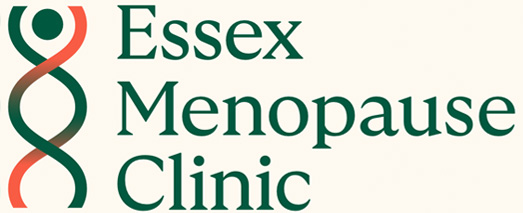
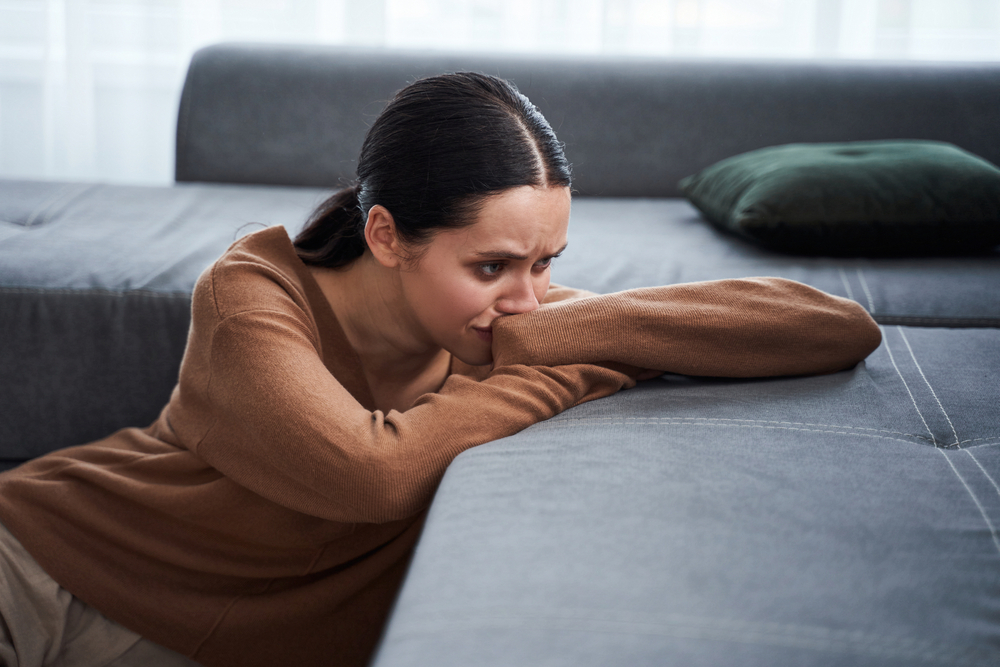
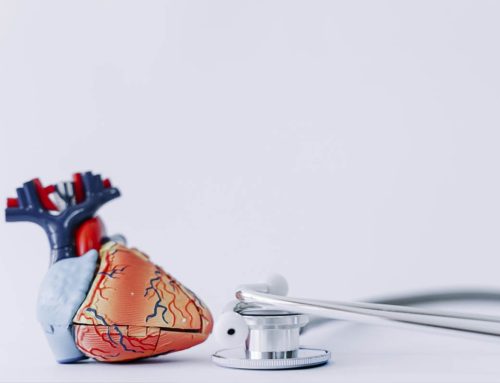
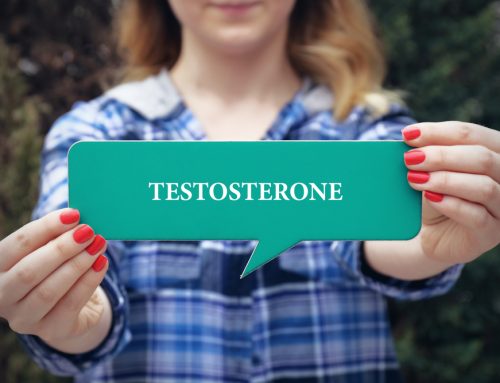
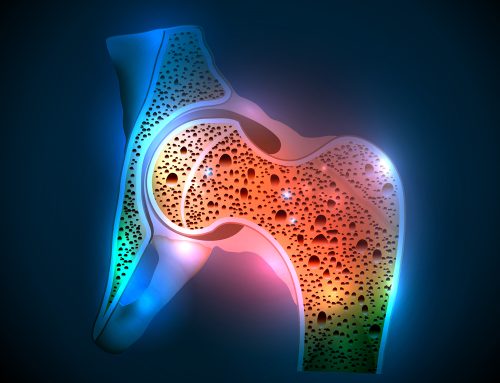

Leave A Comment